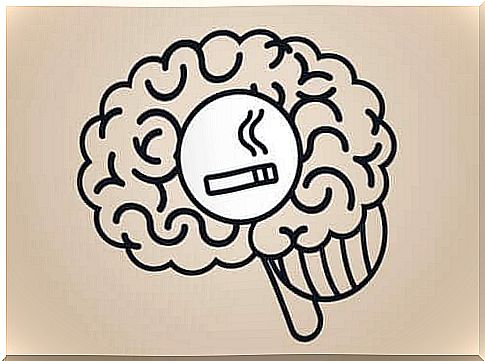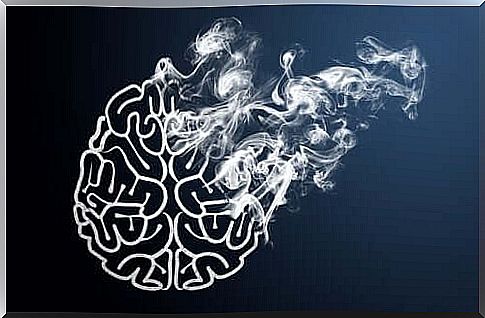Facts About How Nicotine Affects The Brain

Many people long ignored the fact that nicotine use can lead to addiction. However, researchers have discovered that nicotine affects the brain and that this substance can lead to a serious addiction, such as that which occurs when using cocaine and amphetamines.
Nicotine can affect the brain. Using complex mechanisms, it causes changes in the brain’s reward system. In other words, a pleasant feeling arises in the brain on which it becomes addicted. This means that the body needs the substance.
Only the smoker himself can decide if he or she will stop smoking. Both the decision and the process will be difficult, but not impossible. The following information is intended to illustrate the effects that nicotine has on the brain so that smokers are not taken to bed.
How nicotine affects the brain
When a person ingests nicotine, a group of the brain’s acetylcholine receptors will be activated. These receptors cause dopamine to be secreted. Dopamine is a neurotransmitter that is related to feelings of motivation and well-being. In other words, smoking causes a feeling of well-being chemically.
The body quickly carries nicotine to the brain. It is estimated that it only takes between ten to fifteen seconds for the nicotine to pass through the lungs and enter the bloodstream. Studies indicate that all the substances we smoke are potentially addictive, because the feeling of well-being is generated so quickly.
The brain has its own “nicotine”: acetylcholine. It also has its own marijuana, morphine, heroin, etc. This means that the brain can mimic the effects of these substances without having access to them. This happens when we have positive experiences, such as when we achieve a goal, laugh or break a new record. But if we use chemicals to artificially trigger the effects of dopamine, we risk becoming addicted.

Nicotine addiction
When you take nicotine or another similar drug, the brain will soon achieve a feeling of well-being. If this happens frequently, the brain will become less and less likely to generate feelings of well-being that are not associated with the intake of the substance itself. In other words, it becomes more difficult to feel the same well-being in a natural way.
At the same time, the brain begins to feel that it needs to achieve that state of well-being more often. Therefore, unpleasant symptoms such as restlessness, nervousness and anxiety occur.
This does not happen when the brain experiences well-being in a natural way. After a while, the brain begins to be controlled by this and it expects a feeling of well-being, which leads to the smoking habit itself.
Harmful effects of smoking
Cigarette production is in the hands of large multinational companies, which make great efforts to study consumer behavior and ensure that people become addicted. They regulate the amount of nicotine in each cigarette so that the addiction is maintained. They put 20 cigarettes in each pack because studies have shown that disturbing amounts per day makes the person not feel comfortable. Everything is planned carefully.

Nicotine causes the brain to age faster. It reduces the brain’s ability to solve problems, make decisions, learn and control impulses. This substance causes the orbitofrontal cortex of the brain to weaken. It also means that the person ends up in the risk zone for addiction.
Quitting smoking is not easy, due to everything we have discussed above. To be able to do this, the person needs a strong will and an effective strategy. It is best to quit smoking completely, and not gradually. It is also good if you create a system with incentives and reinforcements.








